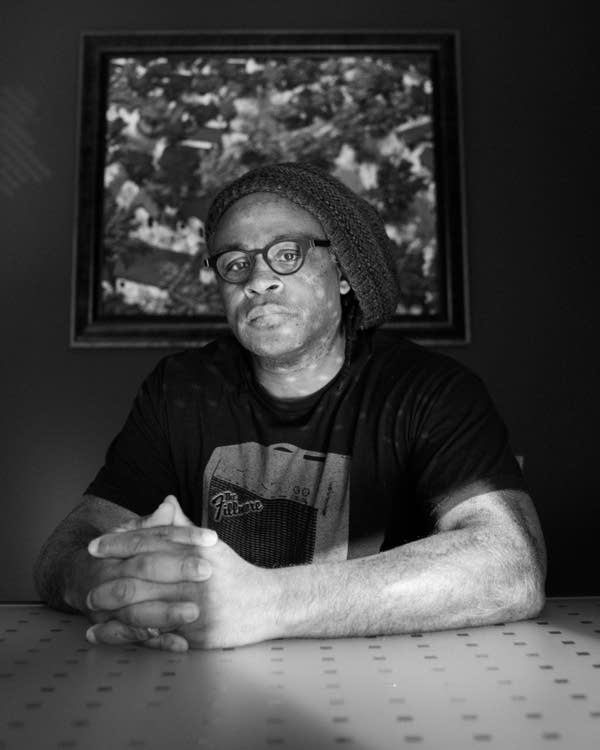ChangeMakers: Jerry Holt, telling Minnesotan stories for decades

Go Deeper.
Create an account or log in to save stories.
Like this?
Thanks for liking this story! We have added it to a list of your favorite stories.
Every weekday in February, MPR News is featuring black Minnesotans making history to celebrate Black History Month.
Jerry Holt, 58, is a Star Tribune staff photographer.
Holt's interest in photography was sparked when he was a young boy growing up in Mississippi. His mother was a domestic worker and would bring home discarded magazines like National Geographic for Jerry to read.
Looking at the magazine, he said he often wondered: "Why did African people never wear clothing? Why were they portrayed in a savage way?"
Turn Up Your Support
MPR News helps you turn down the noise and build shared understanding. Turn up your support for this public resource and keep trusted journalism accessible to all.
He wondered, too, that if he were the photographer would he show them in the same way?
A childhood friend bought him his first camera in high school. His desire to tell stories led him to the Star Tribune in October 1990 after college and three years in the Marine Corps. He's documented nearly three decades of Minnesota history with his camera.
Editor's note: The following interview has been edited for length and clarity.
What does it mean to be a black Minnesotan?
I'm obviously not the first black Minnesotan, but I'm very proud to be a Minnesotan. I'm extremely proud that I made a decision to come here and to raise my kids here so that they would have a better understanding of what it's like to be a human being — not just black or white.
What figures have shaped you?
My parents always instilled in me that I was as equal as anybody else. It had nothing to do with my skin color. I was no better or no worse than anyone else. And so I've never had a chip on my shoulder or anything, that I was nothing other than a perfect human being.
There's lots of influences, not just national ones. Not just Martin Luther King or Malcolm X or names like that. But just everyday people who look after me and took care of me. I, still to this day, have mentors that way even in Minnesota. There's people that I look up to so much. Alan Page is one of the people that I really, really respect and admire. I had the opportunity to photograph him on his last day on the court. And he is one of those people that totally inspires me to do better.
What's your vision for the future of black people in Minnesota?
I'm very optimistic and very hopeful. If we could figure out a way to get [academic] test scores up [and] figure out a way to [improve] relationships with police officers, so it's safer for police officers and for citizens of all races — but, in particular, African-American men. I worry a lot about things that are currently going on with that situation, but I am hopeful and very, very optimistic that those things will improve with education and lack of fear of people.
Fear is a huge issue that faces us every day. And whenever I meet any young person regardless of what [his] race is I really, really try to help him understand that if he's confronted in those situations that he should try his best to resolve the situation as peacefully as possible. Those are the issues staring us in the face.
I think with education we can solve some of those problems. So I'm excited. I'm excited to be a Minnesotan. I'm excited to know so many good people that live in his state.


